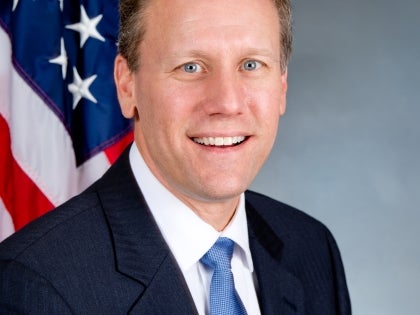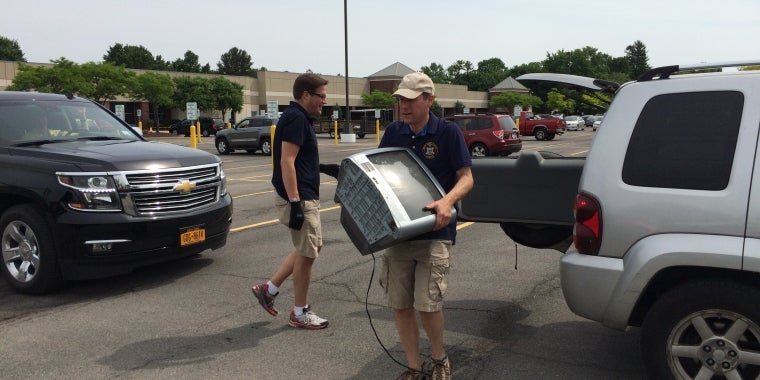
Senator Valesky, IDC Release Senior Affordability Report
(Albany, NY – March 2014) State Senator David J. Valesky (D-Oneida), Chair of the Senate Aging Committee, along with his colleagues in the Independent Democratic Conference, released a report in support of the conference’s proposals making New York State more affordable for senior citizens. Each of these proposals were addressed in the Senate one-house budget resolution.
“As more and more of our population reaches retirement age, we must prioritize policies to meet their needs,” Senator Valesky said. “Aging issues touch many aspects of state government—health care, housing, and transportation, to name just a few. The IDC’s Affordable New York plan recognizes the need to create and expand programs that we know matter most to seniors and their caregivers.”
EPIC Expansion
The EPIC program currently assists more than 270,000 income-eligible seniors age 65 and older supplement their out of pocket Medicare Part D drug plan costs. Currently, the eligibility requirements for EPIC are capped at $35,000 for an individual and $50,000 for a married couple. The IDC plan would expand the income threshold to $75,000 for an individual and $100,000 for married enrollees. It would also exclude social security income from the income calculations.
Paid Family Leave
The number of older New Yorkers is growing as the Baby Boomer generation ages. More and more New Yorkers are now caring for their aging parents, requiring them to take time off from their jobs, or even worse, stop working entirely. The IDC has proposed a statewide paid family leave program that would allow qualified public and private sector employees to receive up to half their weekly wage for up to six weeks in a year.
Individuals would qualify for such benefits to care for a family member suffering from a serious illness or disability. This includes a child, spouse, domestic partner, parent, grandchild, grandparent, or in-laws.
Creation of an Independent Consumer Advocate
New Yorkers pay some of the highest utility rates in the nation, and seniors living on a fixed income have difficulty dealing with large rate increases. The state had strong consumer advocates who participated in the rate-setting process until the office was abolished in the mid-90s. The IDC plan would create an Independent Consumer Advocate to ensure consumers have a seat at the table when regulated utilities ask to raise rates. This position would have political independence, the ability to negotiate deals on behalf of consumers, and the power to sue over unfair rate hikes.
Increased Funding for Non-Medicaid Services
New York State funds the Community Services for the Elderly (CSE) program, a flexible program offering services to meet the unique needs of senior citizens throughout the state. Some of these services include: case management, home delivered meals, nutrition education and counseling, information and assistance, transportation, health promotion and wellness activities, senior center programs, personal emergency response systems, and minor residential repairs. There are currently 7,000 seniors on waiting lists for these services throughout the state—a number that is projected to grow as the aging population increases. Without these services, New Yorkers are likely to be placed in more costly institutional settings, like nursing homes, that are funded largely by taxpayers through the Medicaid program.
The IDC has advocated to increase funding for CSE programs by $5 million in this year’s budget to address the current waitlists.
Reduced Driver’s License Fees
The IDC is also advancing a proposal in this year’s budget to provide a 10 percent discount to senior citizens at least 65 years of age for driver’s license renewal fees.
The full IDC report, “Affordable NY: Making New York More Affordable for Our Seniors,” is available on Senator Valesky’s website, www.valesky.nysenate.gov.


